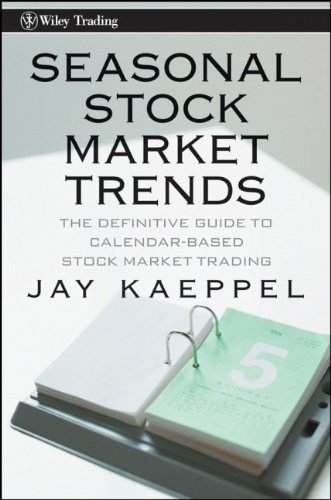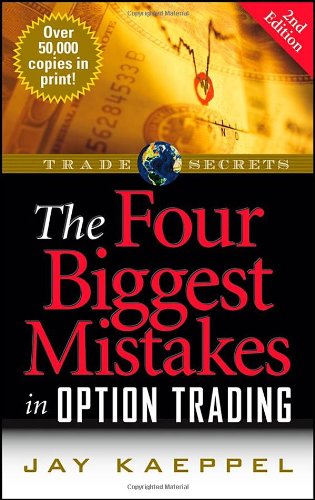For openers, a quick reminder: this blog DOES NOT dispense investment advice nor make “recommendations”. The bottom line is that I am essentially a “market geek”, and I look at a lot of “things”. Then I report the things I find. Nothing more, nothing less. Then you the reader are free to accept, ignore, question, explore further, etc. what I report. I mention this specifically for two reasons:
*Compliance is King
*Sometimes the “things” I find don’t necessarily make a lot of intuitive sense
Take for instance, emerging markets and the U.S. presidential election cycle.
Emerging Markets and the Election Cycle
The bottom line is that some months are better than others. Figure 1 displays the “favored” months for emerging markets within the four-year election cycle.

Figure 1 – Emerging Markets Election Cycle Calendar
To test this, we use the following index data:
*MSCI Emerging Markets Index
*Bloomberg Barclays Intermediate Treasury Index
Test Period: January 1988 through January 2020
Trading Rules:
*For the months in Figure 1 labeled EEM we will hold the MSCI Emerging Markets Index
*For all other months we will hold Bloomberg Barclays Intermediate Treasury Index
We will also include buying and holding MSCI Emerging Markets Index for comparison’s sake.
Figure 2 displays the growth of $1,000 for the switching strategy versus the buy-and-hold strategy.

Figure 2 – Growth of $1,000 for Switching Strategy versus Buy-and-Hold; 1988-2020
Figure 3 displays some comparative facts and figures

Figure 3 – Comparative Facts and Figures
Summary
So what to make of these results? Obviously, the switching strategy has generated superior results. But is this merely a matter of “cherry-picking”? One can make that argument. Will the “favored” months listed in Figure 1 continue to be the favored months? No one can know for sure.
But remember, my job is just to report what I have found.
Well, for today anyway, my work is done here.
Jay Kaeppel
Disclaimer: The information, opinions and ideas expressed herein are for informational and educational purposes only and are based on research conducted and presented solely by the author. The information presented does not represent the views of the author only and does not constitute a complete description of any investment service. In addition, nothing presented herein should be construed as investment advice, as an advertisement or offering of investment advisory services, or as an offer to sell or a solicitation to buy any security. The data presented herein were obtained from various third-party sources. While the data is believed to be reliable, no representation is made as to, and no responsibility, warranty or liability is accepted for the accuracy or completeness of such information. International investments are subject to additional risks such as currency fluctuations, political instability and the potential for illiquid markets. Past performance is no guarantee of future results. There is risk of loss in all trading. Back tested performance does not represent actual performance and should not be interpreted as an indication of such performance. Also, back tested performance results have certain inherent limitations and differs from actual performance because it is achieved with the benefit of hindsight.


Hi Jay. You do some great work. You really do. One question I have is that you have now written blogs for 5-10 years? If you were to go back as far as possible and pick a study like the one above, how has it performed on a go-forward basis?
To check whether there is optimisation in place or whether its a real edge at play
Hope this makes sense!
Regards
Vimal
Dear Jay,
Awesome blog! Your ideas are incredibly innovative. Quick question. I did a similar backtest and found that your idea holds until about 2010 (only looking at March, still need to test April and other months). I will backtest that for April next week. Could it be that post 2010 that idea doesn’t hold anymore? I tried to interchange FEMKX/EEM with FSESX and later (2010 and beyond) I used the 3x leveraged ERX as opposed to EDC.
Thanks,
Chris